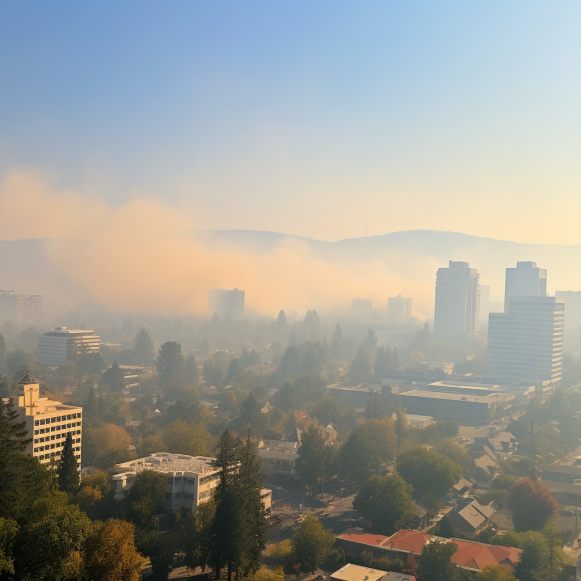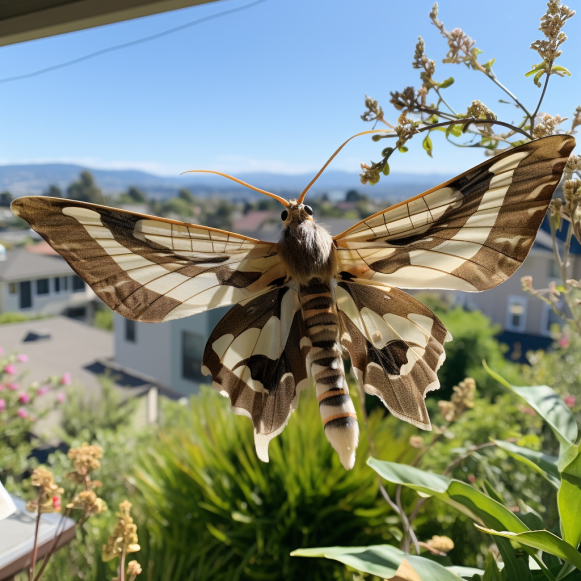I thought raising teens would be easier than raising little kids. I was wrong.

The author (not pictured) says she’s teaching her teens how to be adults.
“Just wait until they are teenagers. It is a new set of worries,” my sister-in-law said and laughed. Her children had made the transition to their teen years.
I was sure that raising young kids was harder. We had to pack many different things just to leave the house, and they could never find their shoes. There were the constant bathroom trips and the expense of diapers and day care. “We’ll have more money when they get older,” I told myself.
Now, as I parent three kids ranging in age from 19 to 11, I realize that nothing about parenting teens is simpler or less expensive. The diapers and day care costs have been traded for braces and electronics. There are arguments and insecurities as they strive to find a balance between putting childish things aside and moving toward independence.
While being a parent to teenagers is a whole new world, it is not without its rewards. After over half a decade of parenting teens, I have learned some valuable lessons about raising them. I wish someone had shared them with me, because not only can parenting teens be difficult, but it can also be shockingly lonely.
Doing and being their best matters most, not grades or looking a certain way
I watched my kids struggle with grades because certain subjects were harder or teachers graded differently. I’ve stood back and seen them wonder if they were too much of this or not enough of that. Were their clothes just right? What shoes would be best? How should they wear their hair?
Watching them grapple with these insecurities made me realize one thing: nothing truly matters as long as they are doing their best and being the best version of themselves that they can be. If they get a C in math, but they worked for it, it’s fine. We all have our strengths and weaknesses. As long as they try their best, they’ve succeeded.
Teenagers’ brains are not fully developed
The brain does not fully develop and mature until your 20s. Teenagers are still trying to figure out who they are and what boundaries they hold. This is not a bad thing, but it does mean sometimes the way we think as parents may not make sense to them and vice versa.
While experimentation at this age is scary, especially to parents, it is necessary and normal. While I don’t always agree with my kids’ decisions, I do try to view them without judgment and through their eyes. I think back to when I was a teenager. By remembering my teen years and some of the decisions I made, I am reminded not only of what it feels like to be in their shoes but also of how some of those decisions taught me valuable lessons about becoming an adult.
I have the power to build up or tear down
The things I say to my teens and the way I respond to them can help them build confidence or foster insecurities. My choices and words impact them. Modeling by showing them how we react and respond in situations is one of our most vital responsibilities. As parents, we show our kids how to behave and interact with people. What we say and do matters, especially to them.
Teaching them how to be an ‘adult’ begins when they are young
Skills like cooking, cleaning up after themselves, showing kindness toward others, and being a contributing and vital member of a family and a community are a parent’s responsibility. For me, it meant instilling these values and teaching these skills to my kids when they were young. Chores are important because we are a family. We each have responsibilities that we have to handle so we can do the things we need to do, like working, going to school, and playing sports.
This phase will pass quickly, enjoy it
Whether you have teens or toddlers, parenting is hard. It is also amazing, and our time with our kids is limited. My aunt once told me that each phase of parenthood offered something new and was a part of the journey. As the parent to babies who became toddlers who became teens headed toward adulthood, I agree.
Teenagers are pretty awesome as long as we remember who they are and work toward helping them discover who they want to be.






